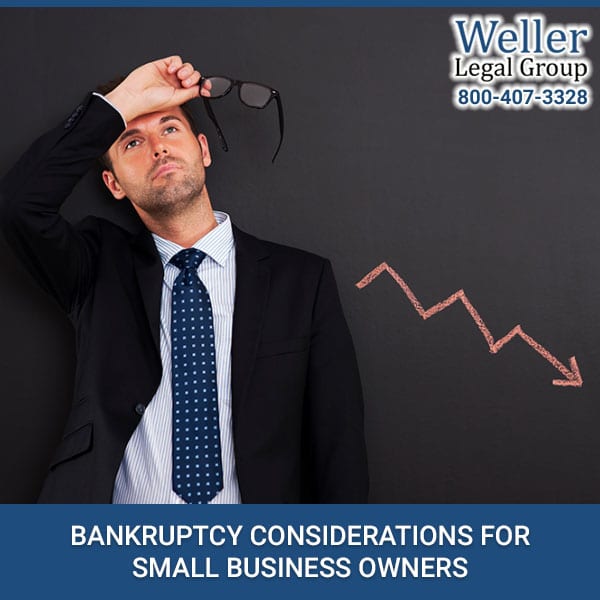 Chapter 7 liquidation use to be the only type of bankruptcy a small business could file for. If they wanted to remain in business they’d need to file for Chapter 11 protection and fill out a lot of paperwork. However, in 2019 Congress passed a Reorganization Act entitled Subchapter V.
Chapter 7 liquidation use to be the only type of bankruptcy a small business could file for. If they wanted to remain in business they’d need to file for Chapter 11 protection and fill out a lot of paperwork. However, in 2019 Congress passed a Reorganization Act entitled Subchapter V.
With Subchapter V bankruptcy is streamlined. A business will get a lot of benefits for filing Chapter 11 (e.g. the ability to restructure its loans). There also aren’t as many hoops there as exist for big companies. While this is a good option, it’s important to act fast if you still want to file in this manner.
Debt Limits
Not every business can file under the streamlined Subchapter V option. This is because Congress put some limitations on it. One of these limitations is that your business can’t have more than $2,725,625 in either secured or unsecured debt.
In April 2020 Congress passed the CARES Act. This temporarily raised the debt limit to $7,500,000 which is approximately three times what it once was. By doing so Congress made it so that many more small businesses could file in this fashion. However, there’s a catch here: This higher limit will expire on March 27, 2021. At that time it will fall to $2,700,000 – an amount that’s adjusted on a routine basis for inflation. With this in mind, you may want to act now instead of waiting too later.
The Smart Way to Reorganize Your Debt
Your small business doesn’t have to be on the verge of losing everything to take advantage of the bankruptcy process. There are a lot of businesses that have debts and leases that are no longer advantageous for them. These businesses may have a huge lien against them that makes their assets burdensome. A business can rework all of these things in such a way that after Covid-19 is over their business will have a much firmer financial standing.
When a business files a Chapter 11 they’re able to gain the upper hand when it comes time to pare back their debt. This is because a judge can force creditors into accepting a repayment plan in which they get less money than what they’re actually owed. A judge can also use this process to turn secured debts into unsecured debts – something that’s advantageous to the business.
When a small business files for bankruptcy they no longer have to work with each of their creditors individually. These creditors also can’t sue the business for their debt. Instead, they must now approach the bargaining table and maintain an honest position while doing so. As such, there are many advantages for your business.
To determine if bankruptcy is the right choice for your small business contact the Weller Legal Group in Clearwater, Tampa, Lakeland, and Port Richey, FL today. They’ll help you schedule an initial consultation so you can discuss your options and decide if filing for Chapter 11 bankruptcy is right for you.
Picture Credit: Freepik

